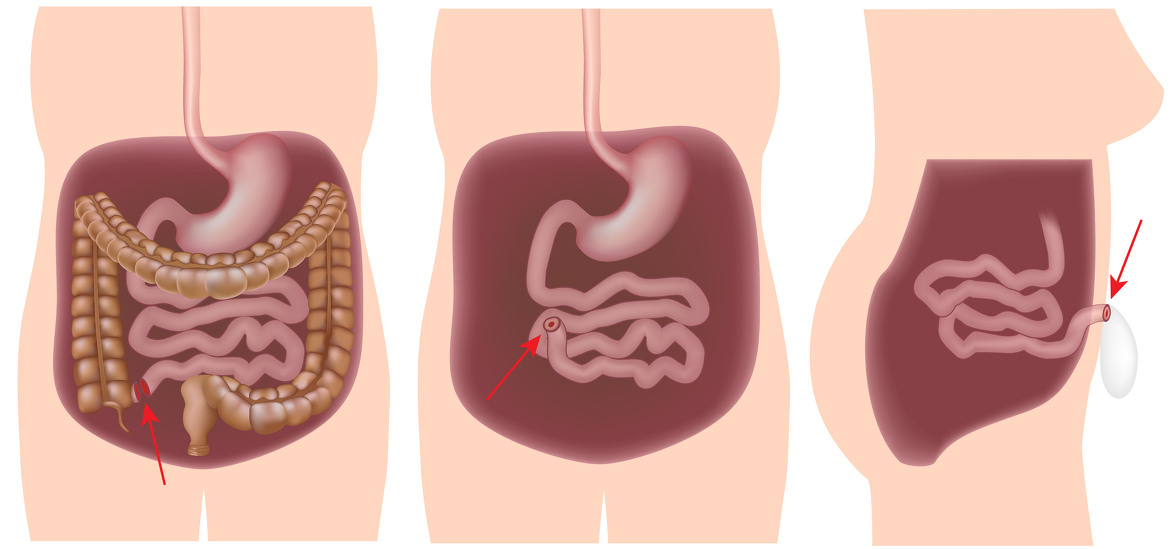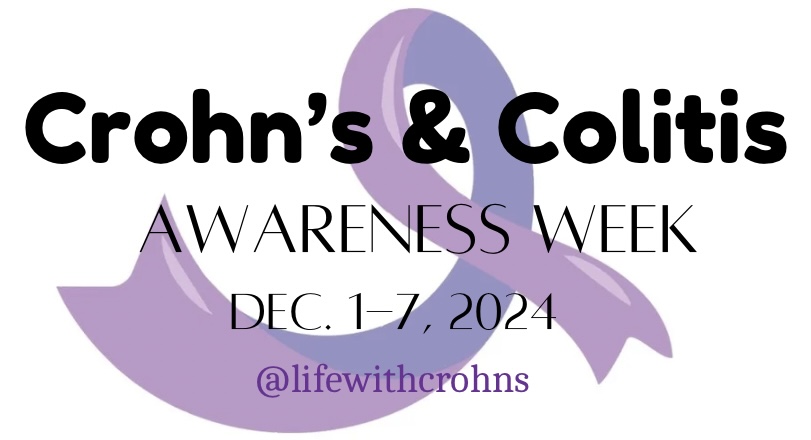As December approaches, many people look forward to holiday festivities. For one particular community, the first week of December holds even greater significance. This week is dedicated to the annual Crohn’s and Colitis Awareness Week, a time when individuals affected by these challenging conditions come together to promote understanding and awareness of these painful diseases.
Crohn’s disease and Ulcerative colitis are both types of Inflammatory Bowel Disease (IBD) that cause inflammation in the gastrointestinal (GI) tract. Although they share some symptoms, they differ in the specific areas of the digestive system they impact.
Crohn’s disease can affect any part of the GI tract, from the mouth to the anus, while Ulcerative colitis primarily targets the large intestine and rectum. Both conditions can result in severe symptoms, including intense pain, frequent diarrhea, fatigue, unexplained weight loss, blood loss, and malnutrition. To diagnose IBD, healthcare providers may conduct various tests, such as lab work, stool analysis, and scope procedures. During severe flare-ups or active disease phases, patients often require hospitalization for ongoing medical care.

When patients do not respond to standard treatments like immunosuppressants, they often find themselves facing the difficult choice of surgery as a last resort. For many, surgical intervention becomes the only path to survival. The most frequently performed surgeries include resections (partial removal of the small or large intestines), ostomies (creating an opening in the abdominal wall to reroute the gastrointestinal tract for waste elimination), j-pouches (an internal pouch formed from the small intestines that connects to the anal canal), and colectomies (complete removal of the large intestines).

Dealing with the physical challenges of conditions like Crohn’s disease and ulcerative colitis can take a significant mental toll on patients. The impact of these diseases on a person’s quality of life can lead to stress, anxiety, trauma, and depression. These illnesses can disrupt various aspects of life, including work, education, relationships, travel, and overall emotional and physical well-being.
Moreover, patients often encounter stigma surrounding these conditions. A staggering 84% of individuals with IBD report experiencing stigma, which is linked to increased rates of depression, social withdrawal, and diminished quality of life. During flare-ups, patients may face discrimination due to their outward appearance, even while they struggle with severe internal symptoms. This is why these conditions are frequently labeled as invisible illnesses. It’s not uncommon for patients to feel dismissed by doctors, family, or friends when their internal struggles are not visible.
As of 2019, approximately 4.9 million individuals worldwide are affected by Crohn’s disease or Ulcerative Colitis. Although the exact cause remains unclear, various factors, including genetics and environmental influences, contribute to the development of Inflammatory Bowel Disease. Unfortunately, there is currently no cure, which means that patients must manage these conditions permanently throughout their lives. However, successful treatments and surgeries can lead to periods of remission, where the disease is controlled and inactive.
What makes this week particularly significant for the IBD community? In 2011, the U.S. Senate passed Resolution 199, designating Crohn’s & Colitis Awareness Week. Since then, the Crohn’s & Colitis Foundation has organized an annual observance from December 1 to December 7. For over a decade, this week has provided patients with an opportunity to raise awareness, share their experiences, advocate for improved access to care, and educate the public to dispel the stigmas surrounding these conditions. By increasing awareness, patients can challenge the misconceptions often linked to these digestive disorders.

If you know someone affected by IBD or encounter a patient’s story on social media, please take a moment to show your support by listening, learning more about IBD, donating to research, and spreading the word. Your efforts can significantly impact this cause. By coming together, we have the power to provide crucial funding for important research that will lead to improved future treatments and, ultimately a cure. Let’s work together to build a world where open discussions about gastrointestinal health, symptoms, and medical conditions like IBD are not only accepted but encouraged.


Very informative and great post Chrissy!
Thank you Alastra! Appreciate the comment!